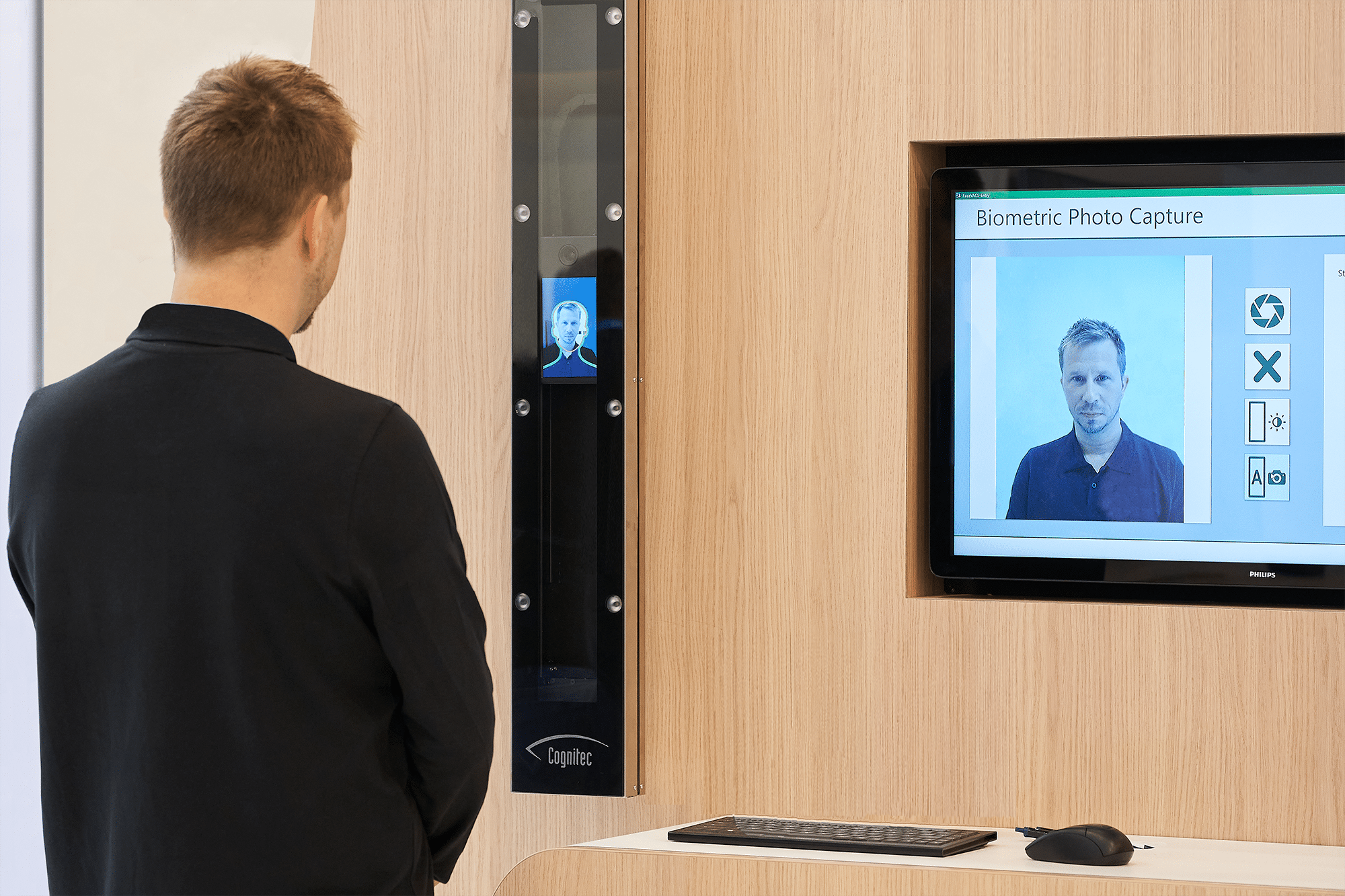Technology
Advancements in Biometrics Transform Travel and Digital ID Systems

Recent advancements in biometric technology are reshaping international travel and online age verification processes. Key developments include the completion of a trial for passport-free travel through biometric e-gates in the UK and the introduction of significant age assurance technologies. These innovations reflect a broader trend toward national digital ID systems, exemplified by Sri Lanka’s selection of five Indian firms to manage its digital identity framework and Belgium’s expansion of its MyGov digital ID platform.
The three-week trial of biometric e-gates at Manchester Airport represents a significant upgrade in the UK’s border control system. Travelers were able to pass through border checks without presenting physical passports, marking a shift towards more efficient travel experiences. This trial is part of a larger initiative to enhance the UK’s border management capabilities with additional biometric gates.
In parallel, significant strides have been made in online age verification technologies. Companies such as k-ID and OpenAge are pioneering new systems that utilize public-key cryptography alongside device biometrics or PINs for reusable age confirmation. These innovations aim to streamline access to age-restricted online content, mirroring the efforts made at international borders to expedite legitimate passage.
Sri Lanka is also advancing its digital identity initiatives, having shortlisted five firms, including Infosys and Tata Consultancy Services, to implement its national digital ID system. The country has allocated over 35 billion rupees to support its digital transformation goals, which includes enhancing cross-border data flow flexibility.
Belgium’s digital ID initiative, MyGov, has seen over 400,000 registrations since its launch a year and a half ago. This platform allows residents to access various government services electronically, streamlining processes that once required in-person visits. The country’s efforts reflect a growing trend among nations to digitize identity verification and service delivery.
Additionally, advancements in biometric systems are being seen in finance and security. In Ethiopia, 2,000 biometric enrollment kits have been distributed to banks, facilitating the integration of the Fayda system for account openings. This national ID will become mandatory by the end of the year, aiming to enhance financial inclusion and security.
In the tech sector, Apple has introduced a feature allowing users to store digital IDs within the Apple Wallet, which are now accepted by the TSA for domestic flights. While these digital credentials enhance convenience, they do not hold the same legal status as physical passports.
The digital ID landscape in the United States is evolving with two new papers released by the OpenID Foundation. These documents outline standards for verifiable credentials, which could significantly expand the adoption of digital ID solutions across the country.
As digital identity initiatives grow, privacy concerns are increasingly at the forefront. Amazon’s plan to integrate biometric features into its Ring cameras has faced backlash from privacy advocates, emphasizing the need for a balance between technological advancement and individual privacy rights.
The European Union is also exploring a “digital omnibus” proposal that could redefine digital identity regulations in response to pressures from technology companies. This draft is expected to be presented shortly and may influence the future of digital identification within the EU.
In Japan, NEC has been highlighted for its facial recognition technology, which was profiled by national broadcaster NHK. This coverage reflects the global interest in biometric solutions and their applications in both security and convenience.
As these developments unfold, the intersection of travel, technology, and digital identity continues to evolve, shaping how individuals navigate both physical borders and online spaces.
-

 Science3 months ago
Science3 months agoToyoake City Proposes Daily Two-Hour Smartphone Use Limit
-

 Top Stories3 months ago
Top Stories3 months agoPedestrian Fatally Injured in Esquimalt Collision on August 14
-

 Health3 months ago
Health3 months agoB.C. Review Reveals Urgent Need for Rare-Disease Drug Reforms
-

 Technology3 months ago
Technology3 months agoDark Adventure Game “Bye Sweet Carole” Set for October Release
-

 World3 months ago
World3 months agoJimmy Lai’s Defense Challenges Charges Under National Security Law
-

 Lifestyle3 months ago
Lifestyle3 months agoVictoria’s Pop-Up Shop Shines Light on B.C.’s Wolf Cull
-

 Technology3 months ago
Technology3 months agoKonami Revives Iconic Metal Gear Solid Delta Ahead of Release
-

 Technology3 months ago
Technology3 months agoApple Expands Self-Service Repair Program to Canada
-

 Technology3 months ago
Technology3 months agoSnapmaker U1 Color 3D Printer Redefines Speed and Sustainability
-

 Technology3 months ago
Technology3 months agoAION Folding Knife: Redefining EDC Design with Premium Materials
-

 Business3 months ago
Business3 months agoGordon Murray Automotive Unveils S1 LM and Le Mans GTR at Monterey
-

 Technology3 months ago
Technology3 months agoSolve Today’s Wordle Challenge: Hints and Answer for August 19









